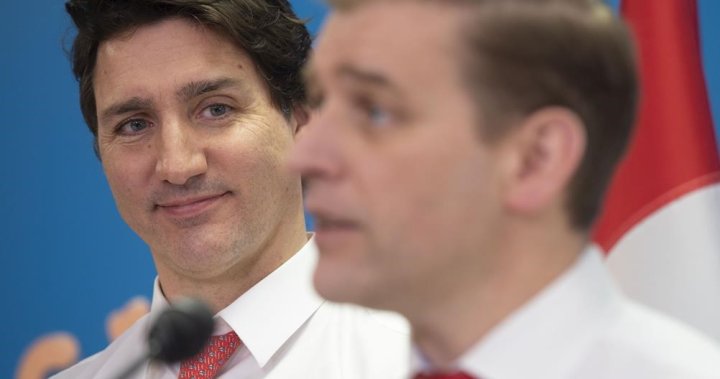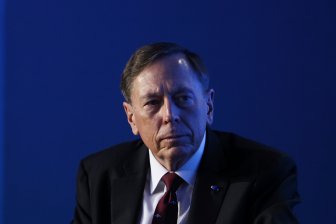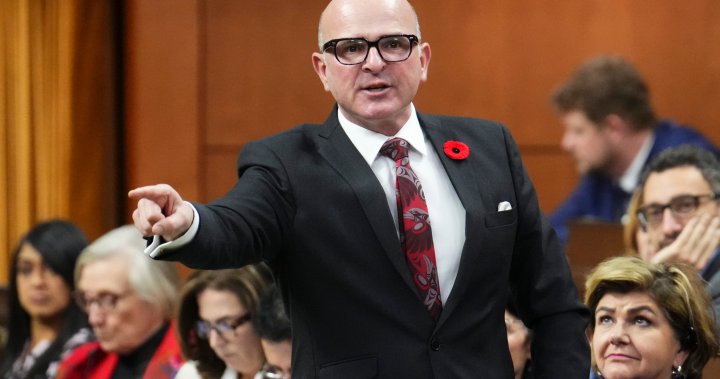Liberal Newfoundland and Labrador Premier Andrew Furey is calling on Prime Minister Justin Trudeau to call an “emergency meeting of leaders from across the country” to talk about potential alternatives to the federal carbon price increasing to $80 per tonne.
The annual increase took effect on Monday, rising from $65 per tonne. At the pumps, this translates to the carbon price on fuel rising from about $0.14 to almost $0.18.
“The threat of climate change is pressing. There is wide consensus that decarbonization is imperative; no serious counter arguments remain. The only question is how best, at this time, to do so. Realizing our shared climate goals depends on an orderly green transition that brings society alongside instead of fueling dissent,” Furey wrote in a letter posted on X.
“I am grateful you have expressed the federal government’s openness to revisit provincial and territorial carbon pricing solutions, yet this remains a federal instrument. We need a constructive approach to decarbonize our environment without placing the burden on individual families who simply do not have viable alternative options.”
Furey, along with other premiers, has been calling for at least a pause on the increase, citing cost-of-living challenges. This includes the premiers of Alberta, Saskatchewan, Ontario, New Brunswick and Nova Scotia.

In response, Trudeau wrote the opposing premiers, saying they are welcome to come up with alternative plans, like British Columbia, Quebec and the Northwest Territories have, that meet the federal minimum price.
The email you need for the day’s
top news stories from Canada and around the world.
Manitoba Premier Wab Kinew says he plans on presenting a new plan for carbon pricing in the province. Manitoba is the lone province where both the federal industrial and fuel carbon prices are in effect. The Yukon and Nunavut are also both under the dual federal price.
Trudeau and his ministers have been adamant that eight out of 10 households where the federal fuel price is in place receive more in quarterly rebates than they pay. In Newfoundland, for example, the average rebate for a family of four is $298 every three months.
That financial breakdown is backed up by a March 2023 parliamentary budget officer report, but that same report does say most households see greater net costs when broader economic factors, like lost employment and investment income, are included.
The report notes that the alternative is based on having no other climate policy, noting any action taken will come at a cost.
A recent report from the Canadian Climate Institute estimates the federal fuel charge accounts for eight to 14 per cent of Canada’s emission reduction. The carbon price on industrial emitters, which most premiers don’t take issue with, is estimated to be responsible for 20 to 48 per cent of emissions reductions.
© 2024 Global News, a division of Corus Entertainment Inc.









/cdn.vox-cdn.com/uploads/chorus_asset/file/21904657/twarren_xboxseriesexpansion_VLS_3588_2_1.jpg)
